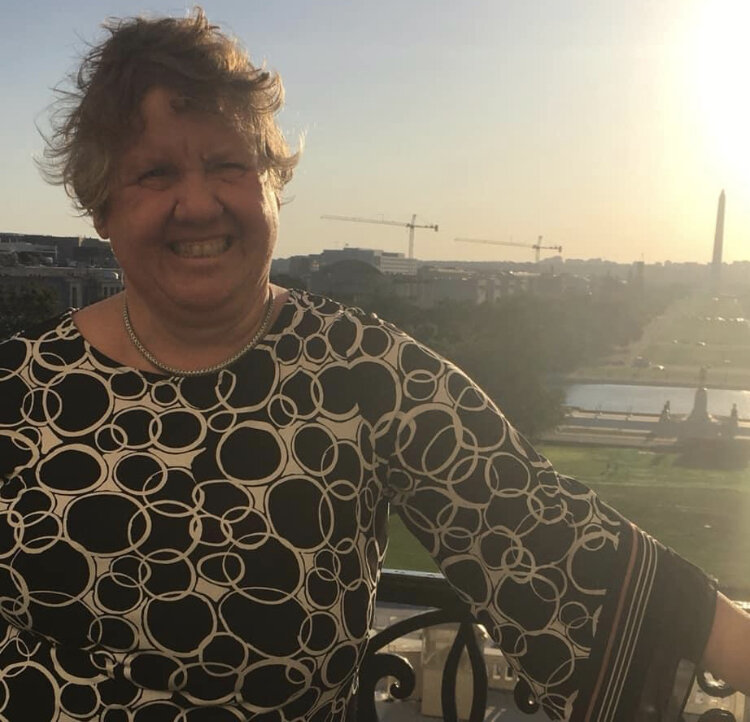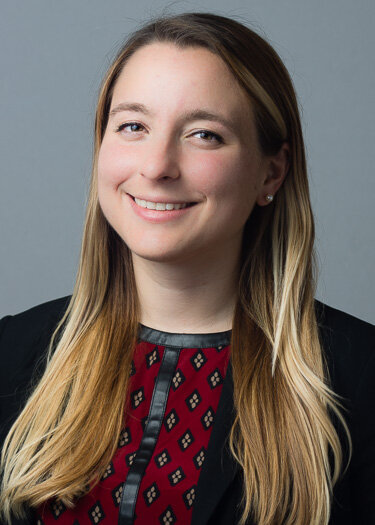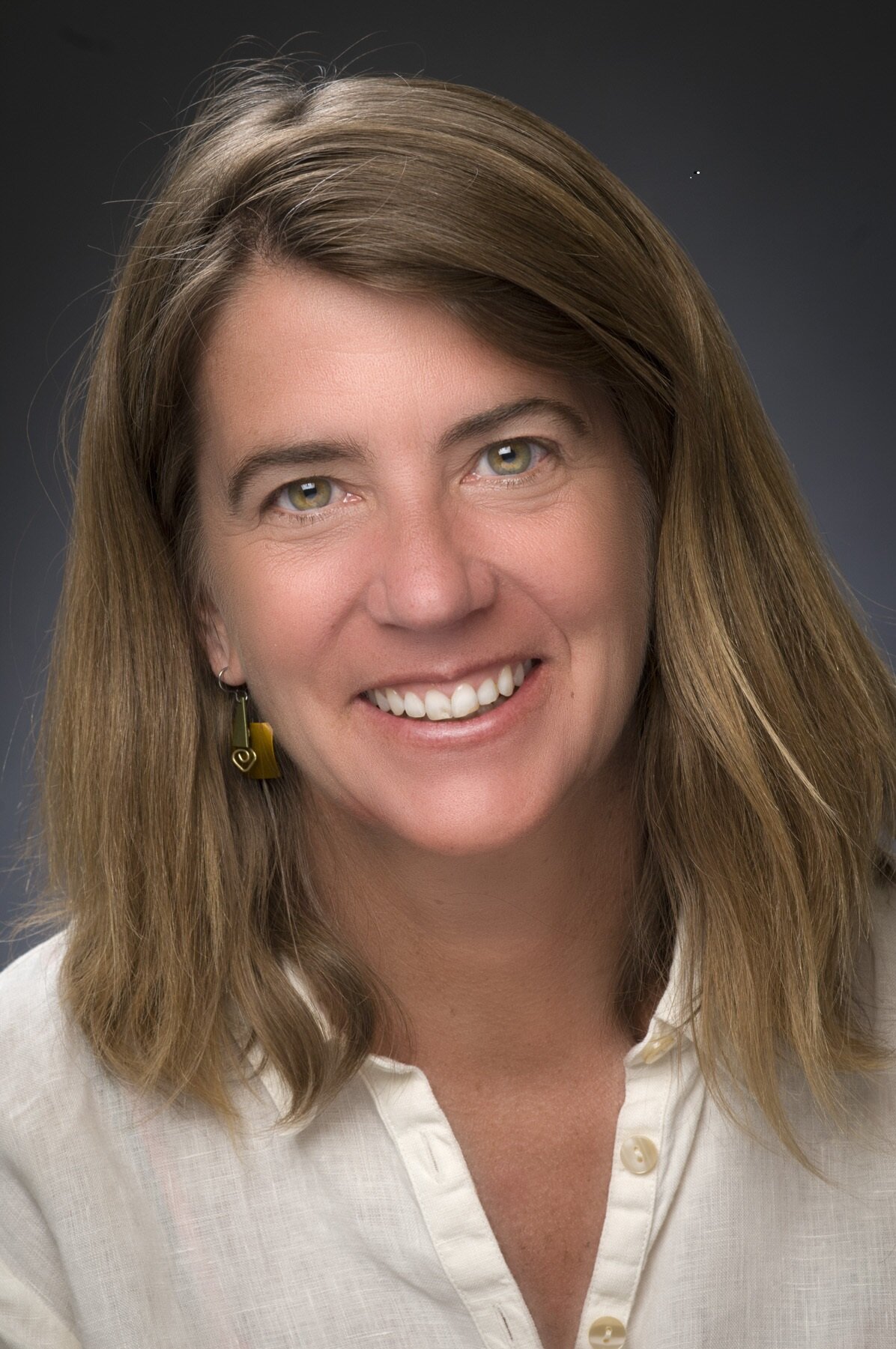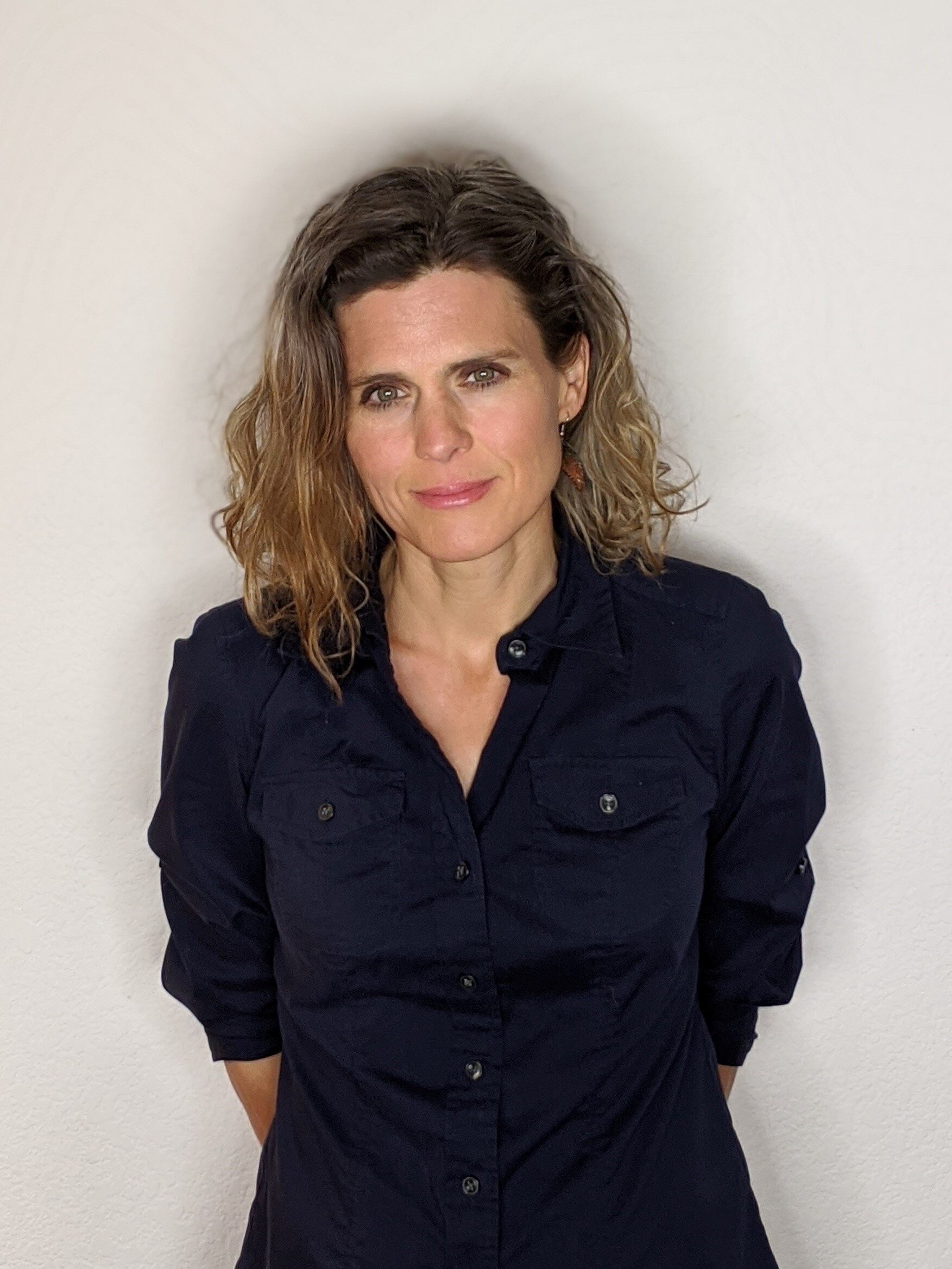Meet the Team
We believe interdisciplinary research is critical to understanding complex problems like the COVID-19 pandemic. Our team includes top scholars in public policy, political science, public health, communication, and psychology.
Elizabeth Albright
Elizabeth A. Albright, PhD, is an Assistant Professor of the Practice at the Nicholas School of the Environment at Duke University. She researches questions of local level resilience and community learning in response to extreme events. Elizabeth is currently working on projects studying response to disasters in various regions across the US. She has published on response to extreme events, perceptions of climate change, the advocacy coalition framework, and stakeholder participation in state-level regulatory processes. Her areas of work in the Risk and Social Policy Working Group include:
Crisis and disaster policy
Public policy
Risk perceptions
Greer Arthur
Greer works at the NC State University College of Veterinary Medicine as the college's Global Health Program Specialist. She received her PhD in molecular biology and immunology from the University of Leicester and her BSc from Sheffield Hallam University in the UK. She has completed two postdoctoral positions in molecular biology and respiratory medicine, and also worked as a science communicator for The Lancet and the NC State Comparative Medicine Institute. In the Risk and Social Policy Working Group, she has contributed to work on narratives in public policy and policy design. She is also exploring new research in agenda setting and public policy theory.
Email: gkarthur@ncsu.edu
Danielle Blanch Hartigan
Danielle Blanch Hartigan, PhD, MPH is Associate Professor of Health Studies in the Department of Natural and Applied Sciences at Bentley University. She researches how communication between patients and healthcare providers effects patient perceptions, prevention behaviors, and the overall patient-centered care experience. She has also studied predictors and outcomes of health information-seeking in cancer survivors. She earned a PhD from Northeastern University and an MPH from Harvard TH Chan School of Public Health. Her areas of work in the Risk and Social Policy Working Group include:
Risk communication
Risk perception
Health behaviors
Contact Dr. Blanch Hartigan at:
Twitter: @danielleblanch
Tom Birkland
Tom A. Birkland, PhD, is a Professor at North Carolina State University. His research is in public policy theory in general, and more specifically on the role of focusing events in agenda setting. He has written a number of articles and three books, After Disaster, Lessons of Disaster, and An Introduction to the Policy Process. He earned is Ph.D. in political science from the University of Washington, and his B.A. and M.A.., also in political science,, from the University of Oregon and Rutgers University. His areas of work in the Risk and Social Policy Working Group include:
Crisis and disaster policy
Policy process theory, including agenda setting and focusing events
Risk and public policy
News media in the policy process
Contact Dr. Birkland at:
Deserai Crow
Deserai A. Crow, PhD, is Associate Professor of Public Affairs at the School of Public Affairs at the University of Colorado Denver. She researches state and local public policy, including environmental policy and disaster or crisis policy. She also studies communication, stakeholder participation in public policy processes, and the narratives used to influence public policy. She earned her PhD from Duke University and an MPA from the University of Colorado Denver. Her areas of work in the Risk and Social Policy Working Group include:
Crisis and disaster policy
Public policy
Risk perceptions
Risk communication
Contact Dr. Crow at:
Twitter: @deseraicrow
Rob A. DeLeo
Rob A. DeLeo is an Associate Professor in the Department of Global Studies at Bentley University. His research explores the political dynamics of agenda setting and policy change. His 2016 book, Anticipatory Policymaking: When Government Acts to Prevent Problems and Why It Is So Difficult, examines policy change in anticipation of emergent hazards and potentially catastrophic events. His work has also appeared in various peer-reviewed journals, including Critical Policy Studies, Polity, Policy & Politics, Policy Studies Journal and others. He earned his doctorate in political science from Northeastern University in 2013. His areas of work in the Risk and Social Policy Working Group include:
Crisis and disaster policy
Public policy
Risk communication
Katie Dickinson
Dr. Katie Dickinson is an Assistant Professor of Environmental and Occupational Health in the Colorado School of Public Health, and a JPB Environmental Health Fellow. Her interdisciplinary research examines how people perceive and respond to risks, as well as the impacts of policies and programs on health and social outcomes. Past and current projects have addressed problems at the nexus of environmental quality, economic development, and human health, including water and sanitation, household energy and air pollution, and mosquito-borne diseases. Environmental justice is a central focus of her current work. Her areas of work in the Risk and Social Policy Working Group include:
Public health
Health behaviors
Risk perceptions
Systemic racism
Email: katherine.dickinson@cuanschutz.edu
Twitter: @dickinson_katie
Alex Duarte
Alex is entering his second year at the Heller School for Social Policy as a doctoral student pursuing a PhD in Social Policy with a concentration in Behavioral Health. Alex graduated from Bentley University in 2019 and received a dual bachelors degree in public policy and business studies. During his time at Bentley, Alex’s research focused on policy indicators found within the substance abuse policy domain. More specifically, Alex has focused on how opioid overdose rates and lobbying efforts made by the pharmaceutical industry work to affect policymakers attention to the current opioid crisis. Alex also worked at the Peace Corps Headquarters in Washington DC and Project Weber, a Rhode Island-based harm reduction center for male and transgender sex workers.
Cassandra Duarte
Cassandra Duarte is an internal medicine physician at The University of Colorado. Her research interests are primarily clinical outcomes in patients with renal cell carcinoma. She earned her doctorate of medicine at The Warren Alpert School of Medicine at Brown University and is completing her Internal Medicine residency at the University of Colorado with plans for a Chief Residency in Internal Medicine prior to hematology/oncology fellowship. Her areas of work in the Risk and Social Policy Working Group include:
Health Behaviors
Health Disparities
Public Health
Nathan Jeschke
Nathan Jeschke is a PhD student at the School of Public Affairs at the University of Colorado Denver. He has worked on projects investigating policy learning after disasters and resilience in local government infrastructure. He earned his bachelor’s degree in public affairs from Wayne State University.
Elizabeth Koebele
Dr. Elizabeth A. Koebele is an Assistant Professor in the Political Science Department at the University of Nevada, Reno. She researches environmental policy making and governance processes, with specialties in water management, hazard and disaster policy, and collaborative governance. She earned her Ph.D. from the University of Colorado Boulder in Environmental Studies. Her areas of work in the Risk and Social Policy Working Group include:
Public Policy
Crisis and Disaster Policy
Risk Perceptions
Contact Dr. Koebele at:
Twitter: @EAKoebele
Meng Li
Dr. Meng Li, Ph.D., is an Associate Professor of Health and Behavioral Sciences at the University of Colorado Denver. Her research focuses on the systematic difference between what we think “rational” people ought to do, and what people actually do. She uses insights into human irrationality to design interventions and policies that nudge people toward more optimal behaviors. Her research has tested psychologically informed interventions in domains such as flu vaccination, healthy eating, and other preventive health behaviors, and examined how policy framing affects public opinions in the allocation of scarce resources. She earned her Ph.D. in Social Psychology from Rutgers University. Her areas in the Risk and Social Policy Working group includes:
Health behaviors
Risk perceptions
Risk communication
Public Policy
Honey Minkowitz
Honey is a PhD student at North Carolina State University in the Department of Public Administration. She received her Master of Public Administration from the Rockefeller College at the State University of New York at Albany, Master of Arts in Higher, Adult and Lifelong Education from Michigan State University and Bachelor of Arts from Michigan State University. She has worked in local government, higher education and nonprofit organizations. She is also a mediator. Her research interests are in policy learning, particularly the micro to macro linkage, collective action and workplace bullying.
Paige Moore
Paige L. Moore is a Doctoral Research and Teaching Assistant in the School of Public and International Affairs at NC State University. Her background as a research professional has focused on examining and identifying innovative solutions to social problems through research, analysis, and practice. Moore's previous work has focused on how U.S. immigration policies disproportionately impact marginalized populations, the significance of cultural intelligence as a resource for effective leadership; the disproportionate impact of COVID-19 on communities of color and (dis)abled populations experiencing homelessness; and the value of interprofessional teams of social workers and officers in police departments.
Lindsay Neuberger
Lindsay Neuberger, Ph.D. is an Associate Professor in the Nicholson School of Communication and Media at the University of Central Florida. She researches health campaigns, translational research, and risk communication and has been funded by organizations including the National Space Biomedical Research Institute and the World Health Organization. Her work focuses on persuasion, formative research, information seeking, evaluation, and linguistic analysis and has covered diverse topics from the opioid crisis and breast cancer to risk assessment and environmental concerns. She earned her Ph.D. in Communication from Michigan State University. Her areas of work in the Risk and Social Policy Working Group include:
Risk communication
Risk perceptions
Health behaviors
Contact Dr. Neuberger at lindsay.neuberger@ucf.edu
Jennifer D. Roberts
Dr. Jennifer D.Roberts is an Assistant Professor in the Department of Kinesiology at the University of Maryland School of Public Health. She researches the influence of built and social environments on physical activity and health. Additionally, her scholarship has focused on environmental inequities as related to disparities in health behaviors (e.g., active transit) and outcomes (e.g., obesity). Dr. Roberts earned her Doctor of Public Health degree from Johns Hopkins University Bloomberg School of Public Health. Her area of work in the Risk and Social Policy Working Group include:
Public health
Health behaviors
Health disparities
jenniferdeniseroberts@gmail.com
Twitter @ActiveRoberts
Liz Shanahan
Elizabeth A. Shanahan, PhD, is a Professor at Montana State University in the Department of Political Science. She is one of the architects of the Narrative Policy Framework, a policy process theory that examines the power of narratives to influence policy decisions and preferences. Her current research focuses on how narrative risk communication shapes cognitions, affective responses and hazard preparation decisions. Shanahan’s passion for understanding the import and influence of narratives on cognition, affect, and decisions grew out of an unusual confluence of different disciplinary studies. Her areas of work in the Risk and Social Policy Working Group include:
Public policy
Crises and disaster policy
Risk perceptions
Risk communication
Kristin Taylor
Kristin Taylor is Associate Professor at the Department of Political Science at Wayne State University. Her research investigates the policy process, focusing events, policy failure and learning, policy narratives and the politics of hazards and disasters. Dr. Taylor’s current research explores the extent to which different sources of information influence how local governments make decisions. The focus of her research compares how natural disasters and infrastructure failures can initiate policy learning about mitigation and resilience in local government. Her work has been published in Policy Studies Journal, Administration & Society, Review of Policy Research, Risk, Hazard & Crisis in Public Policy, and the Journal or Regional Analysis and Policy. She earned her Ph.D. from North Carolina State University. Her areas of work in the Risk and Social Policy Working Group include:
Crises and disaster policy
Public policy
Risk perceptions
Courtney Welton-Mitchell
Courtney Welton-Mitchell is a Clinical Assistant Professor in the Environmental and Occupational Health Department at the Colorado School of Public Health, Anschutz Medical Campus. She is also a Research Associate with the Natural Hazards Center, Institute for Behavioral Science, University of Colorado, Boulder. She researches psycho-educational group-based interventions and public health messaging campaigns in disaster and humanitarian settings. Her research includes an emphasis on mental health, gender-based violence, social norms, risk perception and behavior. She earned her PhD in Social Psychology from the University of Denver and is a licensed mental health clinician. Her areas of work in the Risk and Social Policy Working Group include:
Public health
Mental health
Risk communication
Risk perceptions
Health behaviors
Contact Dr. Welton-Mitchell at:
Twitter: @CourtneyWM
Laura Wolton
Laura Wolton is a lecturer and research assistant at the University of Colorado at Denver. Her research focuses on developing an autocoding method to identify and relate the elements of communication in policy narratives such as socially-constructed characters, frames, and blame. Her research interest areas include air quality policy, citizen and bureaucratic dissent, media coverage of technological disasters, and policy narrative construction. She earned an M.S. in Astrophysical, Planetary, and Atmospheric Sciences from the University of Colorado at Boulder and is currently a PhD candidate. Her areas of expertise work in the Risk and Social Policy Working Group include: risk communication, crises and disaster policy, and public policy.
Manli Zhang
Manli Zhang is a PhD student, as well as the research and teaching assistant at the School of Public Affairs, University of Colorado, Denver. Her research interests include policy process under risk and uncertainty, risk perception and behaviors, and environmental policy instruments. Prior to enrolling in SPA’s PhD program, Manli worked at the Center for Risk Governance and Emergency Management at Shandong University for nearly four years, and have published 3 articles (2 in English). Manli earned her undergraduate and master degree in public administration at Shandong University, China, and she earned a second MPA degree at Rutgers University.



















